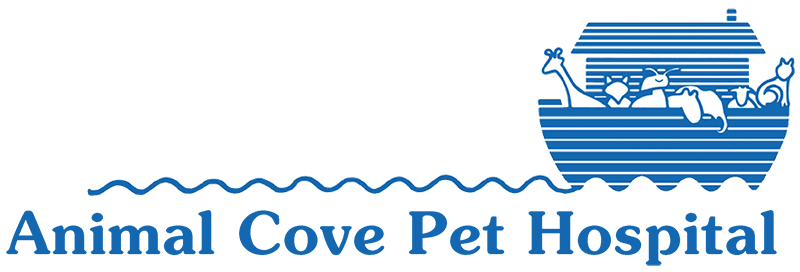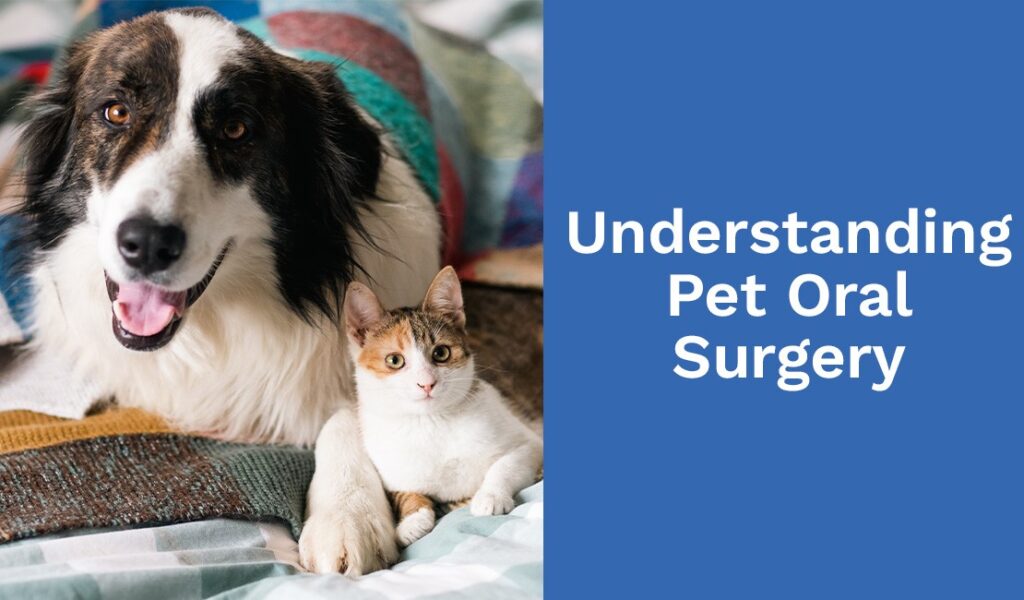Just like us, pets rely on healthy teeth and gums for proper nutrition and overall well-being. While regular dental care at home is crucial, sometimes, more advanced procedures become necessary to address dental issues.Oral surgery can be a vital step in safeguarding your pet’s overall health and well-being.It is important to be aware of the telltale signs that might necessitate surgery and the various procedures available to ensure your pet’s smooth recovery..
Recognizing the Need for Oral Surgery in Pets
While some dental problems in pets might be visible during playtime or cuddling, others might go unnoticed until they become more severe. Here are some key signs that could indicate your pet needs oral surgery:
- Difficulty Eating or Chewing: This is a common sign that your pet might be experiencing pain or discomfort in their mouth. They might struggle to pick up kibble, chew on toys, or might seem hesitant to eat altogether.
- Drooling Excessively: Excessive drooling can be caused by a variety of factors, including dental problems. If your pet is drooling more than usual, especially if it’s bloody or has a foul odor, it’s crucial to seek veterinary attention.
- Bad Breath: While occasional bad breath isn’t uncommon, persistent bad breath can be a sign of dental disease, infection, or other oral problems.
- Loose or Broken Teeth: Loose or broken teeth can be painful for your pet and can also be a gateway for infection. If you notice any loose or broken teeth in your pet’s mouth, schedule a visit with your veterinarian right away.
- Facial Swelling: Swelling around the mouth, jaw, or face can be a sign of infection, abscess, or even a tumor. If you notice any facial swelling in your pet, don’t hesitate to consult your veterinarian.
These signs can indicate various underlying dental problems, ranging from periodontal disease to fractured teeth. Early detection is key, as addressing these issues promptly can prevent them from progressing into more serious health concerns.
Common Oral Surgery Procedures for Pets
Depending on the specific diagnosis, your veterinarian might recommend one or a combination of the following oral surgery procedures for your pet:
- Tooth Extraction (Simple and Complex): Tooth extraction is a common oral surgery procedure performed on pets. Simple extractions involve removing a visible tooth with minimal root involvement. Complex extractions might be required for broken teeth embedded in the jawline or fractured roots.
- Dental Cleaning: Similar to humans, pets also require professional dental cleanings to remove plaque and tartar buildup that can’t be addressed through at-home care. This procedure is often performed under general anesthesia to ensure a thorough cleaning and prevent discomfort for your pet.
- Jaw Surgery (for Fractures or Misalignment): Trauma or congenital malformations can sometimes lead to jaw fractures or misalignment. Oral surgery can be a viable option to repair these issues and restore proper jaw function for your pet.
- Oral Tumor Removal: Unfortunately, pets can also develop tumors in their mouths. Depending on the type and severity of the tumor, surgical removal might be recommended. Early detection and treatment are crucial for a positive outcome.
The specific type of oral surgery your pet needs will depend on a thorough examination by your veterinarian, including x-rays and other diagnostics.
Ensuring a Smooth Recovery After Your Pet’s Oral Surgery
Helping your pet recover comfortably after oral surgery is crucial for a successful outcome. Here’s what you can expect:
- Pre-Surgical Consultation: Before any surgery, your veterinarian will schedule a pre-surgical consultation. This consultation allows for a detailed discussion of your pet’s medical history, any current medications, and potential anesthesia risks. Bloodwork and other pre-anesthetic tests might be recommended to ensure your pet is healthy enough to undergo surgery.
- Anesthesia: Most oral surgery procedures require general anesthesia to keep your pet comfortable and pain-free throughout the surgery. Anesthesia protocols are tailored to your pet’s individual needs and closely monitored by veterinary professionals.
- Post-Surgical Care at Home: Following surgery, your veterinarian will provide detailed discharge instructions for home care. This typically includes pain management medication to keep your pet comfortable, dietary adjustments to accommodate potential chewing limitations, and monitoring the surgical site for signs of infection.
- Veterinarian Follow-Up: Schedule follow-up appointments with your veterinarian to monitor your pet’s healing progress. These appointments might involve checking the surgical site, adjusting pain medication as needed, and addressing any post-surgical concerns.
Remember, every pet is unique, and their recovery timeline might vary. By following your veterinarian’s instructions and closely monitoring your pet, you can help them have a smooth and comfortable recovery after oral surgery.
Keeping Your Pet Smiling: Your Partner in Pet Dental Health
At Animal Cove Pet Hospital we understand the importance of pet dental health and the anxieties that might arise when considering oral surgery for your furry friend. Our team of experienced veterinarians serving Foster City, San Mateo, Redwood City, Belmont, and San Carlos is dedicated to providing compassionate care and ensuring a smooth recovery process for your pet.
If you notice any of the signs mentioned earlier or have any concerns about your pet’s oral health, don’t hesitate to schedule an appointment with Animal Cove Pet Hospital. Our veterinarians will conduct a thorough examination and discuss all available treatment options to create a personalized plan for your pet’s needs. We are committed to helping your pet maintain a healthy smile for a lifetime of happiness and well-being.



